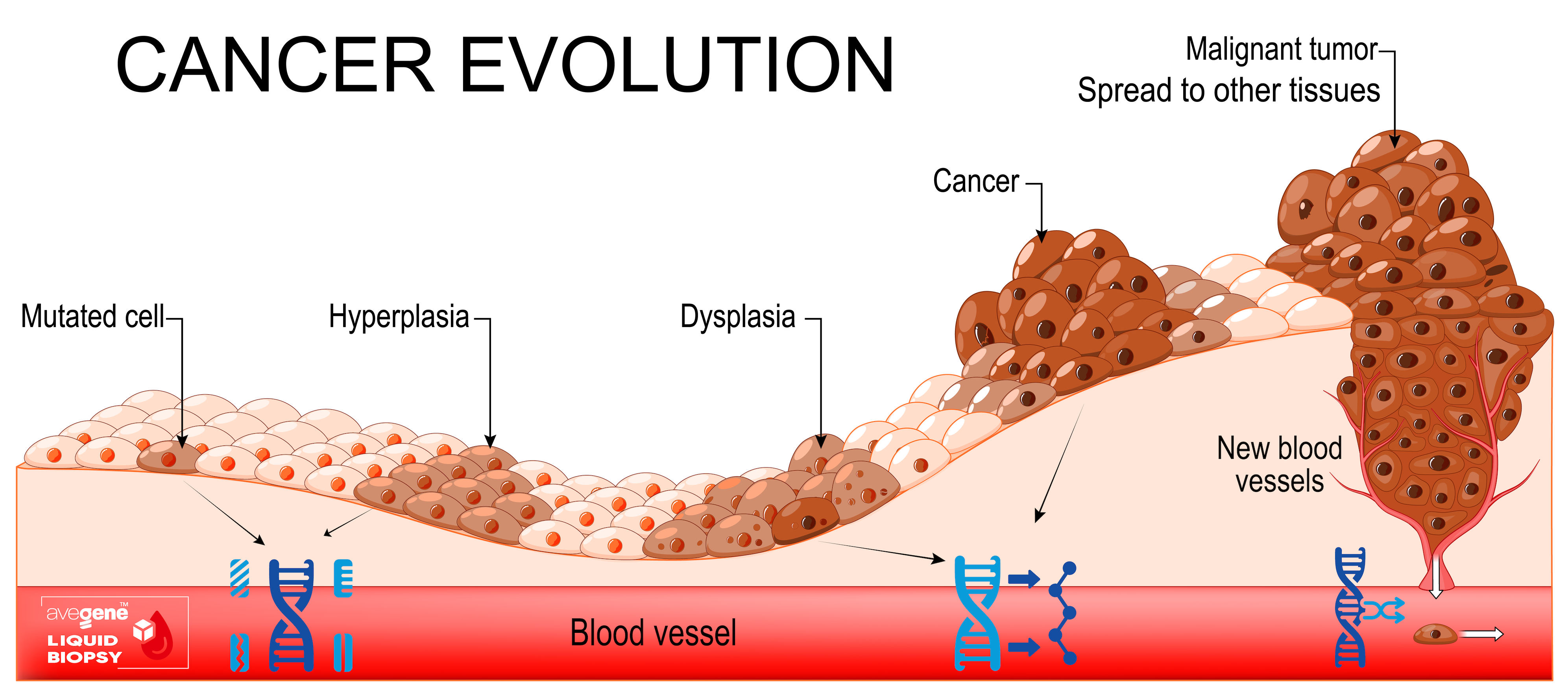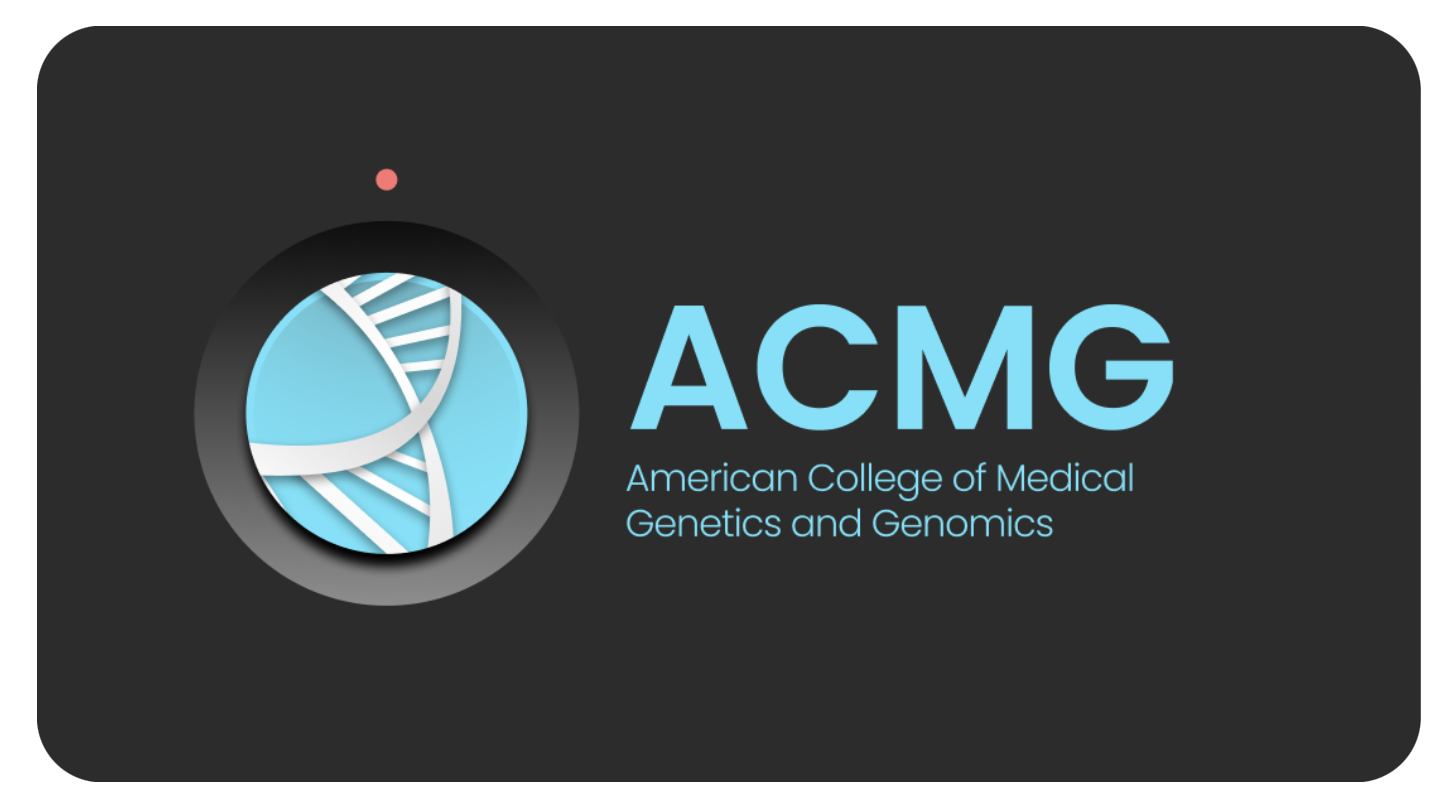Liquid biopsy screening test, designed to effectively and without intervention analyze blood samples to provide comprehensive tumor profiling, focusing on clinically relevant content. Cancer is one of the most leading cause of death in the world. Symptoms are often equivocal and can be easily overlooked. Increasing number of cancers can be treated but It is important to diagnose it at the earliest possible stage, while it increases the survival rate.
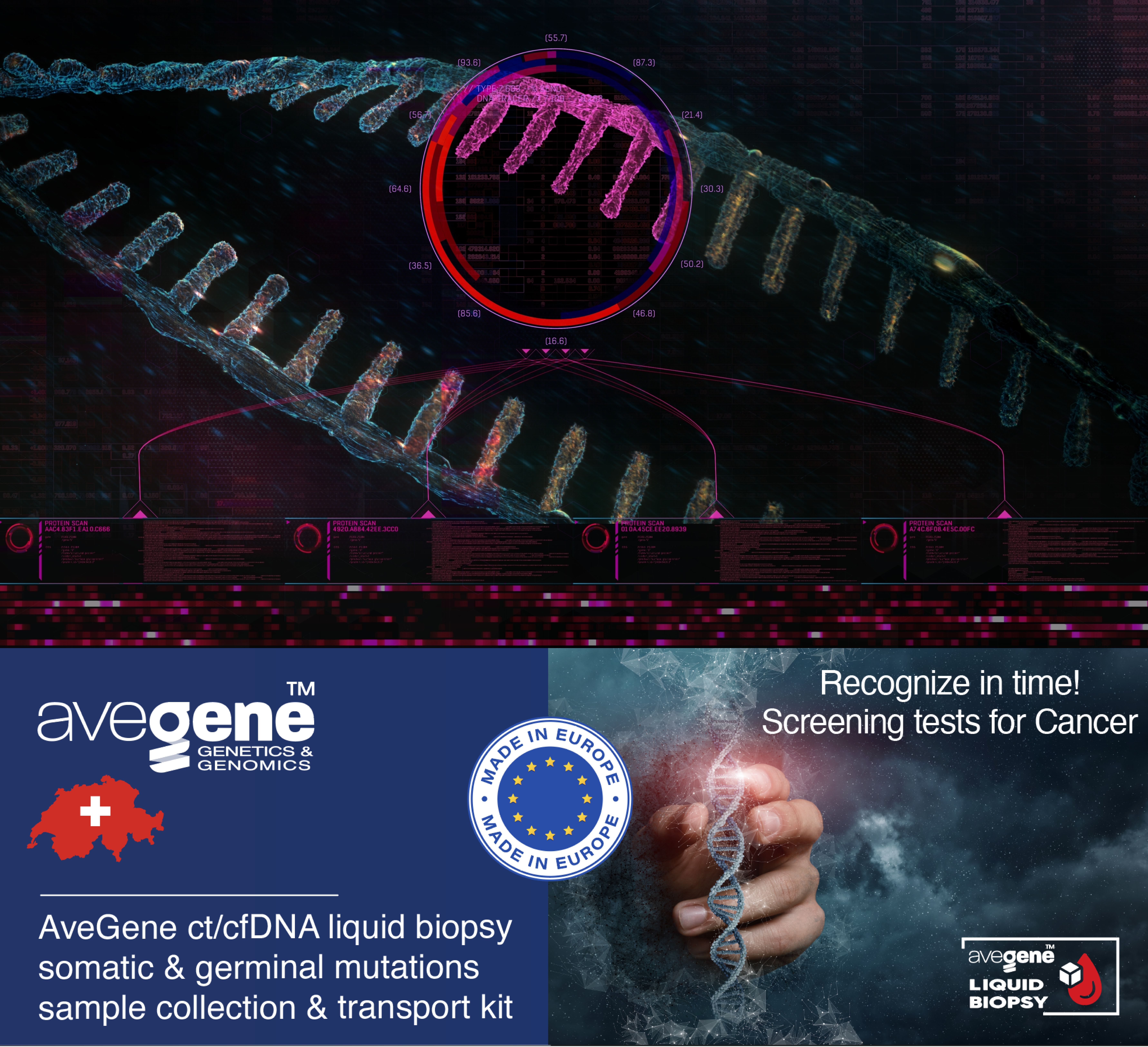

The test can be performed anytime and professional societies have recommendations according to the cancer type. An early detection enables very efficient treatment and recovery. The later the disease is detected, the more complicated is the treatment.
This test can save you time, while each type of cancer may regards different examination(s) like biopsy, x-ray, Computer tomography atd. Regular screening is important to recognize it in time!
You are 40+
You experienced blood in your stool
You have got CRC in your family history
You loose weight from unknown reasons
You have got inflammatory bowel disease
You have persistent pain or cramps in abdomen

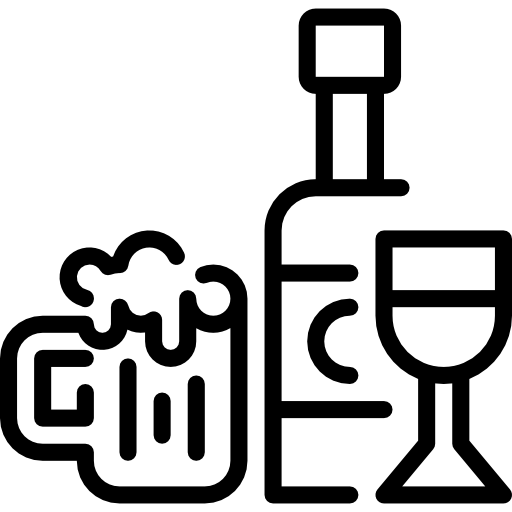



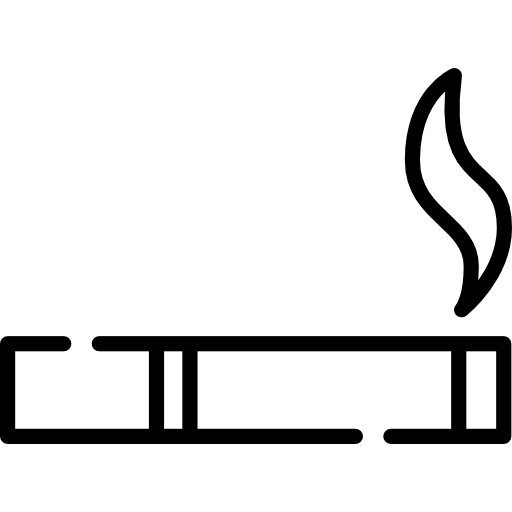


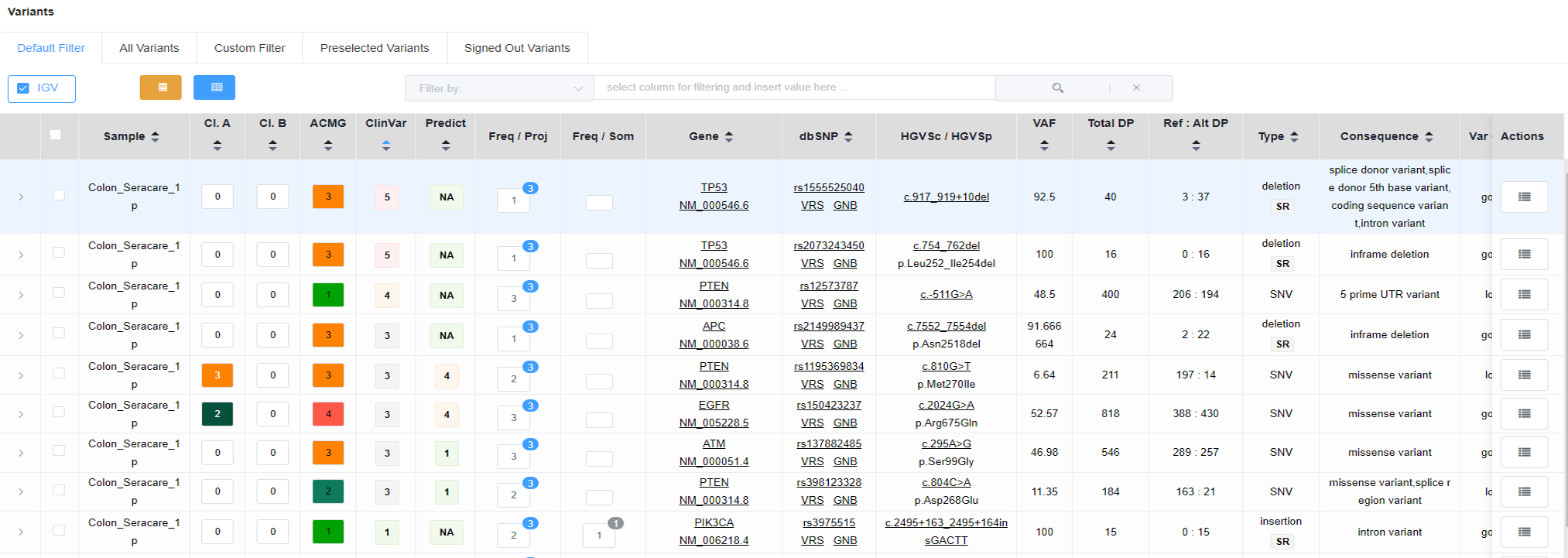
This panel includes carefully selected GENE variants (mutations) that are associated with a wide range of syndromes and cancers based on the origin of an organ. Complex screen is especially useful for general screening of multiple diseases.
GENES have been selected based on recommendations of ESMO and ACMG. Results have been compared based on variants and scoring and increased values are examined by an experienced geneticians and oncologists. Read more about AveGene reports.
After you purchased the test, you get the AveGene ct/cfDNA liquid biopsy somatic & germinal mutations sample collection & transport kit. Arrange the blood draw according to the enclosed instructions.
Send sample to nearest AveGene collection center or to central AveGene laboratory.
Receive your results in the form of an encrypted PDF report. Request an online consultation if needed.
About cancer
Cancer is a broad category of disorders that can originate in nearly any organ or tissue in the body when aberrant cells proliferate out of control, cross normal boundaries to infect other body parts, or spread to other organs. The latter process, known as metastasizing, is a primary contributor to cancer-related deaths. Cancer is one of the most leading cause of death in the world. Increasing number of cancers can be treated but It is important to diagnose it at the earliest possible stage, while it increases the survival rate.

In many ways, cancer cells are not the same as healthy cells. As an example, cancer cells
* grow even when there aren't any signs telling them to. Cells that are healthy can only grow when they get signs like these.
*Do not pay attention to messages that usually tell cells to stop dividing or die (this is called apoptosis).
*spread to other parts of the body from nearby places. When normal cells meet other normal cells, they stop growing. Also, most normal cells don't move around the body. Tell the blood vessels to grow towards the tumours. These blood tubes bring oxygen and food to tumours and take away waste from tumours.
* Stay away from your defence system. The immune system usually gets rid of cells that are broken or not working right.
*make your defence system help cancer cells stay alive and grow. In this case, some cancer cells trick defence cells into keeping the tumour safe instead of fighting it.
* go through many changes in their chromosomes, like adding or removing parts of chromosomes. There are twice as many chromosomes in some cancer cells as there should be.
* need different kinds of food than normal cells do. Also, some cancer cells use nutrients in a different way than most other cells do to make energy.
This speeds up the growth of cancer cells. A lot of the time, these strange behaviours are so important for cancer cells that they can't live without them. Because of this, researchers have been able to create treatments that target the abnormal parts of cancer cells. As an example, some cancer treatments stop blood arteries from spreading towards tumours, which means the tumour doesn't get the nutrients it needs.
Technically "Cancer" is a genetic disease. To put it another way, changes to the genes that control how our cells work, especially how they grow and split, are what cause cancer. Changes in genes that lead to cancer can happen for instance as a result: - of defects that happen when cells grow. - presence of dangerous Oncogenic substances in the environment, like the chemicals in smoke, ultraviolet rays, heavy metals - Oncogenic viruses (typically HPV, HB, HIV, Herpes family) These all can damage DNA (RNA) and thus replication of cells into unwanted mutation. Cells with broken DNA are usually killed off by the body before they become dangerous. But as we age, our bodies become less able to do that. Part of the reason why cancer risk goes up with age is because of this. Certain cells may also be more sensitive on improper replication due to hereditary genes that came from our parents (ancestors in general, sometimes grand or grand grandparents ). We call this group "Germinal Mutations" and its detection will help us to understand to what particular mutations/cancers we may be more sensitive to. The DNA changes that cause cancer are different for each person. More changes will happen as the cancer continues to grow. Different cells in the same tumour may have different genetic changes. Therefore we examine each h gene for different mutation parameter.
Metastatic cancer refers to cancer that has migrated from its original location to another part of the body. Metastasis refers to the spread of cancer cells to different areas of the body. Metastatic cancer shares the same name and cell type as the underlying malignancy. For example, breast cancer that forms a metastatic tumour in the lung is classified as metastatic breast cancer rather than lung cancer.
The main goal of our NGS testing is to detect any cell mutation as early as possible to avoid Metastasis.
Nowadays medicine can truly make miracles and cure patients but the basic prerequisite is to start the therapy at an early stage.
